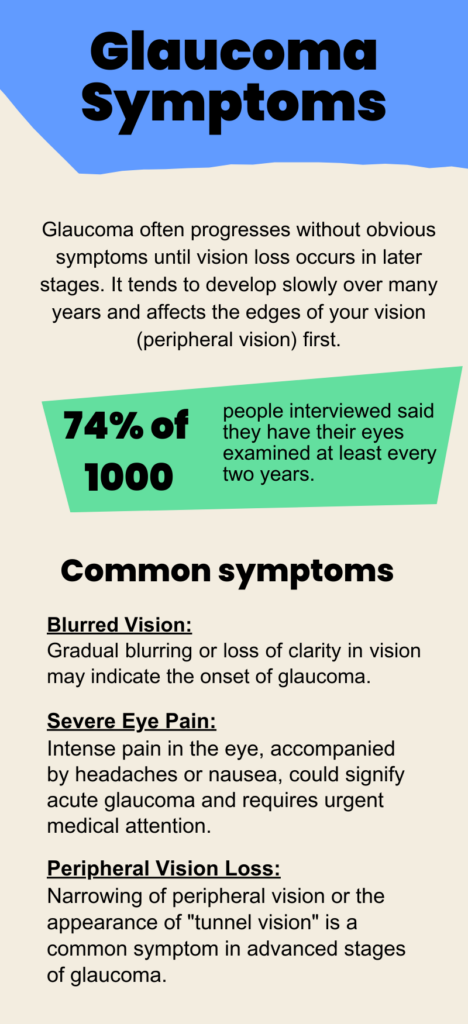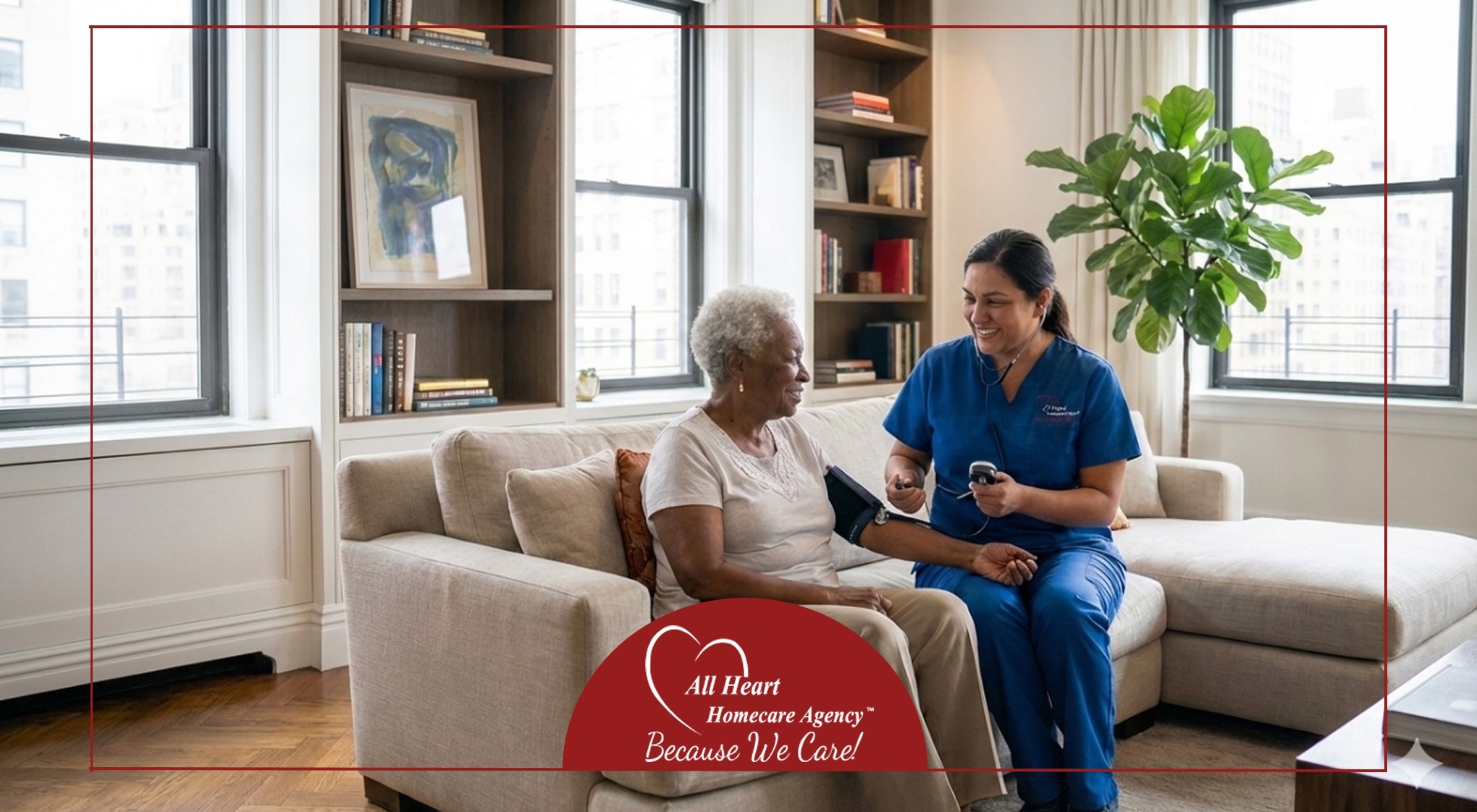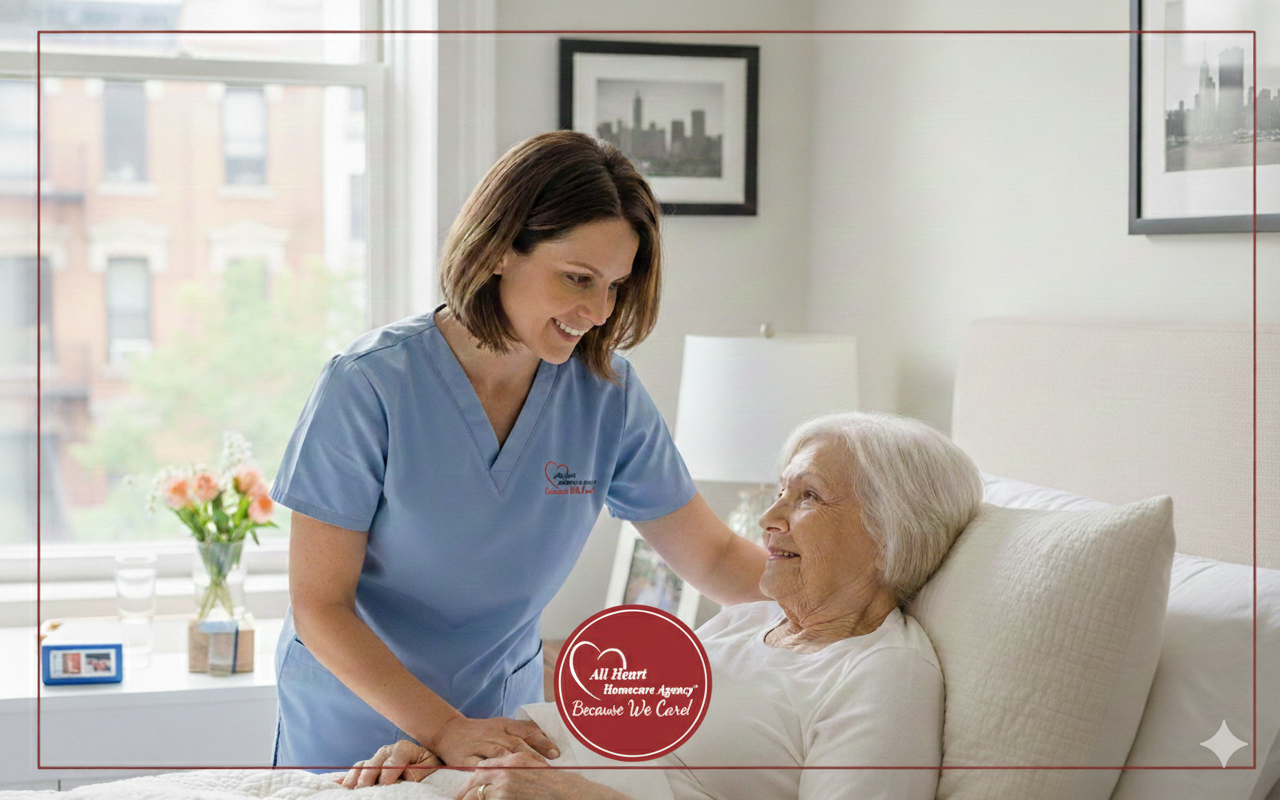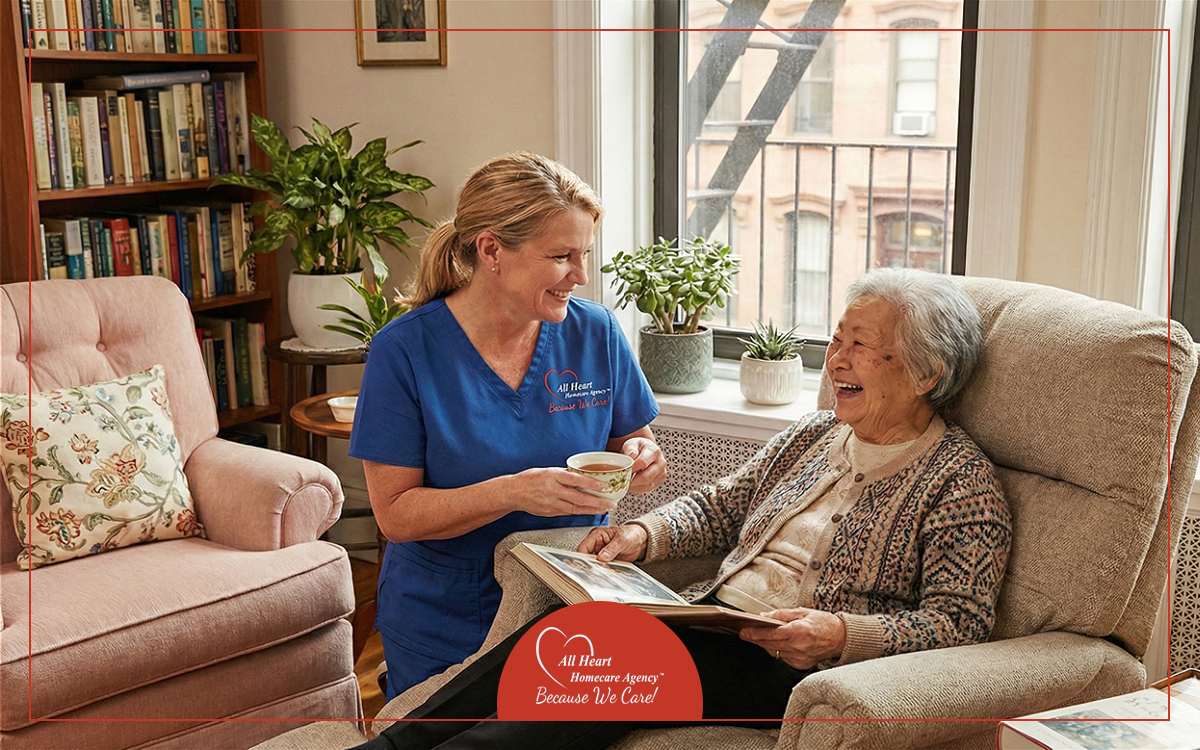Glaucoma is the second most common disease that causes blindness. It is estimated that over 3 million people suffer from glaucoma in the United States. Moreover, more than half of the people are unaware that they have progressive disease. The reason glaucoma does not manifest itself so obviously is the lack of symptoms. The consequent loss of peripheral vision is rarely recognized by an individual who suffers from glaucoma.
That is why experienced doctors recommend an annual diagnosis of the organs of vision. This is simple and, at the same time, a reasonable step that will allow you to avoid the severe consequences of glaucoma and start treatment on time.
What is glaucoma?
Glaucoma is a progressive eye condition that poses a significant threat to vision, making awareness and prevention crucial for the well-being of our loved ones. Often referred to as the “silent thief of sight,” glaucoma is characterized by increased intraocular pressure, which can damage the optic nerve and lead to irreversible vision loss.
People, particularly those aged 45 and above, are at a higher risk of developing glaucoma. Regular eye check-ups, early detection, and adherence to prescribed treatment plans are essential in safeguarding against this condition.
When is the Highest Risk of Glaucoma?
According to official statistics, glaucoma is an age-related disease. In the meantime, healthcare professionals have collected the most critical causes and identified the main risk group:
- People aged 45 and over.
- Diabetes.
- A history of increased intraocular pressure.
- Various eye injuries.
- Side effects of steroid use.
- Neglected cases of hyperopia.
If you are at risk, be sure to visit a doctor at least once a year and undergo preventive diagnostics of vision organs. Keep in mind that glaucoma diagnosed on time is treatable.
Read Short Term Home Care – Home Care Agency in Brooklyn
The Main Causes of Glaucoma
Glaucoma is primarily caused by increased pressure within the eye, damaging the optic nerve and leading to vision loss. While age is a significant risk factor, other causes include:
– Genetics:
A family history of glaucoma raises the likelihood of developing the condition. Hence, regular eye check-ups become pivotal for early detection and management.
– Medical Conditions:
Certain medical conditions such as diabetes, hypertension, and heart disease can elevate the risk of glaucoma. Managing these conditions effectively can contribute to preventing eye complications.
– Eye Trauma or Surgery:
Previous eye injuries or surgeries can also heighten the risk of glaucoma. Individuals with such history should prioritize regular eye examinations to monitor eye health.

If you notice any of these symptoms while visiting your loved ones, read 10 Signs Your Elderly Parent Needs Assistance
Lifestyle and Home Remedies to Treat Glaucoma
These tips are not a medical approach to glaucoma treatment. However, these simple tips will help you control high eye pressure and improve eye health.
Lifestyle and home remedies include, but are not limited to:
- Keep to a healthy diet. Taking the right diet will help you stay healthy and prevent possible worsening of glaucoma. Make sure your daily diet is high in antioxidant vitamins C, E, and A. It also applies to beneficial micronutrients, including Zinc, Copper, Selenium, and so on.
- Do the minimum amount of exercise. Once glaucoma is diagnosed, talk with your healthcare professional about regular exercise that can lower intraocular pressure. This is especially important in cases of open-angle glaucoma. A well-chosen exercise program will help you maintain the necessary muscle tone.
- Stop using caffeine. Excessive consumption of drinks with high caffeine content can provoke intraocular pressure. Therefore, it is better to stop drinking coffee to avoid unnecessary complications.
- Keep an eye on fluid status. Remember that drinking fluids throughout the day can restore energy to the body. However, do not drink too much water at one time. It can cause increased eye pressure. Spread your water intake throughout the day in small portions.
- Remember to take prescribed medications. Adhering to a precise treatment plan will allow you to get the best results and fight disease. Follow the correct dosage when using eye drops and other prescribed medications prescribed by your doctor. Otherwise, you can unknowingly damage the optic nerve and make the situation worse.
Keep in mind that a thoughtful treatment plan and a healthy lifestyle can help you avoid progressive vision loss and improve your eye condition. By contacting All Heart Homecare Agency, you can get professional help from compassionate and experienced caregivers and essentially affect your loved one’s eye health.
Read what our clients say about us.
Call us today at (888)-276-0404 if your parents need assistance.











